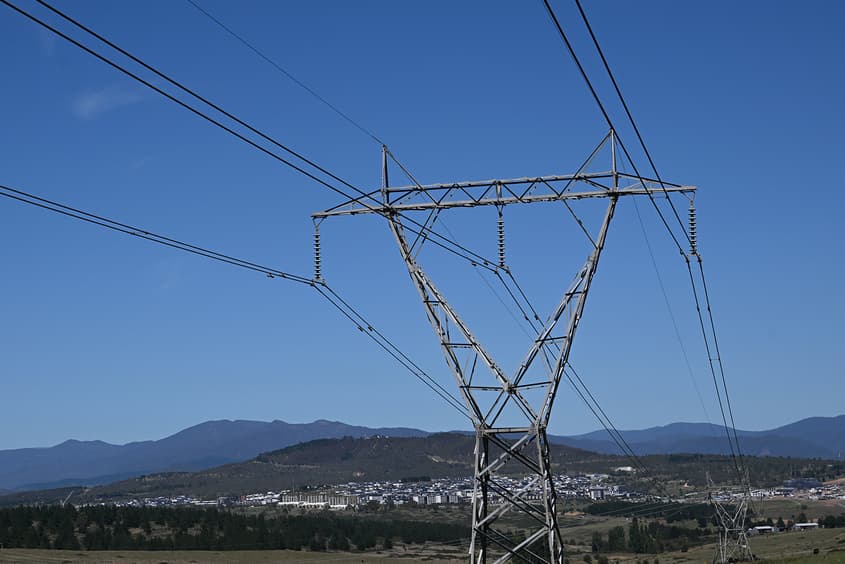The broken nature of Australia energy market has been highlighted by a report that Japanese households pay less for electricity than Australians do, despite Japanese electricity being reliant on Australian imported gas.
Tue 18 Nov 2025 06.00

Photo: AAP Image/Lukas Coch
A report in Guardian Australia on Monday using data from the Australian Energy Council relayed that Australian households across 2023-25 paid on average $0.39/kwh for electricity. That was just above the OECD average of $0.38/kwh.
That might suggest that Australians are not doing too bad. But the problem comes when you realise who is paying less for electricity.
Japanese households paid on average $0.35/kwh – some 10% less than Australians paid.
But why does Japan keep getting singled out? Because despite 20% of Japan’s electricity being generated by gas – the largest source of that gas comes from Australia.
Because most LNG exported to Japan comes from offshore project in Western Australia and the Northern Territory which pay no royalties, those companies are able to sell the gas to Japan at a lower price than they would were Australian getting a fair return.
Even better for those companies, no gas exports over the past 4 years have paid PRRT.
This means that Australians are in effect subsidising Japanese electricity prices by ensuring they pay less for their gas-generated electricity than they would if the Australian government charged them a fair royalty for the gas.
But the absurd nature of the situation is even worse when you realise that Japanese companies are able to buy Australian gas so cheaply, that they are able to on-sell that gas to other countries for a profit.
The Institute for Energy Economics and Financial Analysis (IEEFA) estimated that in 2024 Japan’s on-sold up to 812PJ of Australia’s gas that it imported. That amount was more than all the gas used in the eastern states of Australia (including South Australia):
Australia exports around 80% of the gas it produces. More gas is used to convert gas to LNG than is used by the entire Australian manufacturing industry.
That would not be so bad were Australians actually getting a fair return. But Australia Institute research suggests that to 2030, multinational gas companies are expected to export $170 billion worth of liquified natural gas, made with gas that attracts zero royalties.
This not only means that Australians miss out on vital revenue that could be used to provide much needed infrastructure and services, but that we are in an absurd situation where the people we export our gas to are paying less for electricity.
Even worse, Australia is not only providing other nations with cheap power, we are giving it to them as such cheap rates that they are able to sell gas to others for a profit.